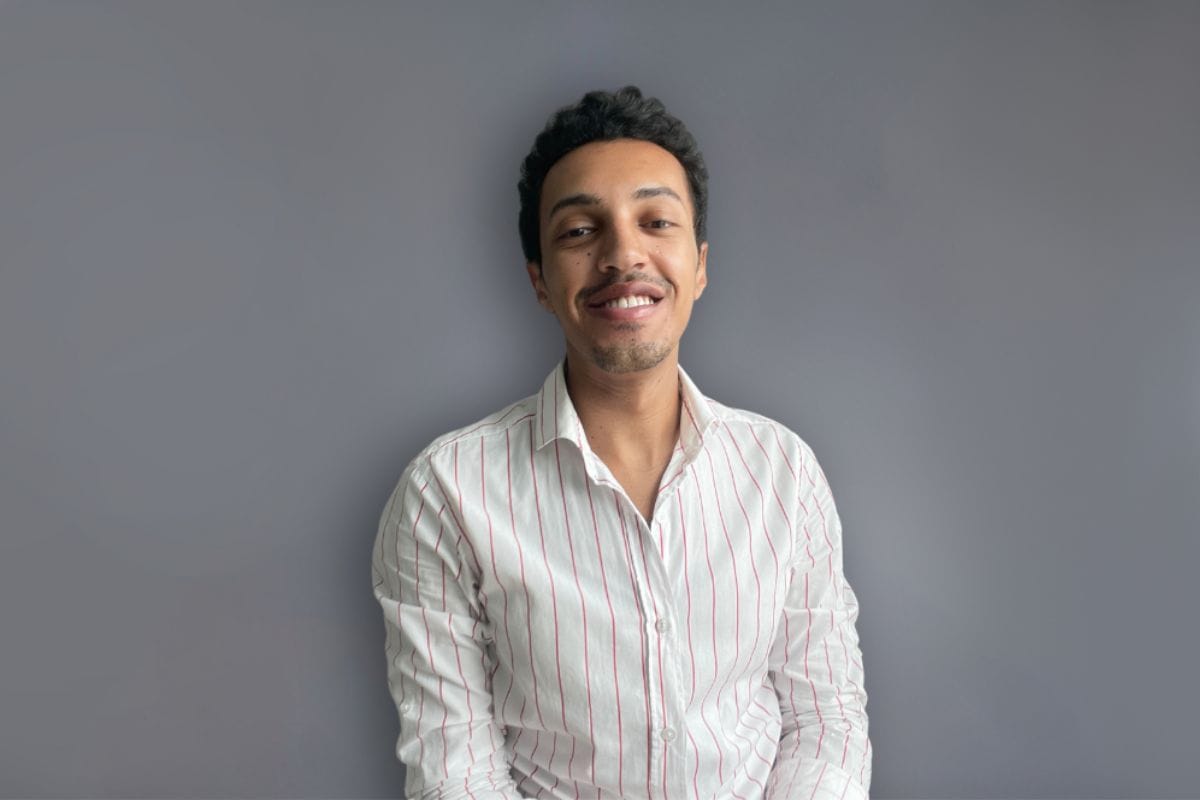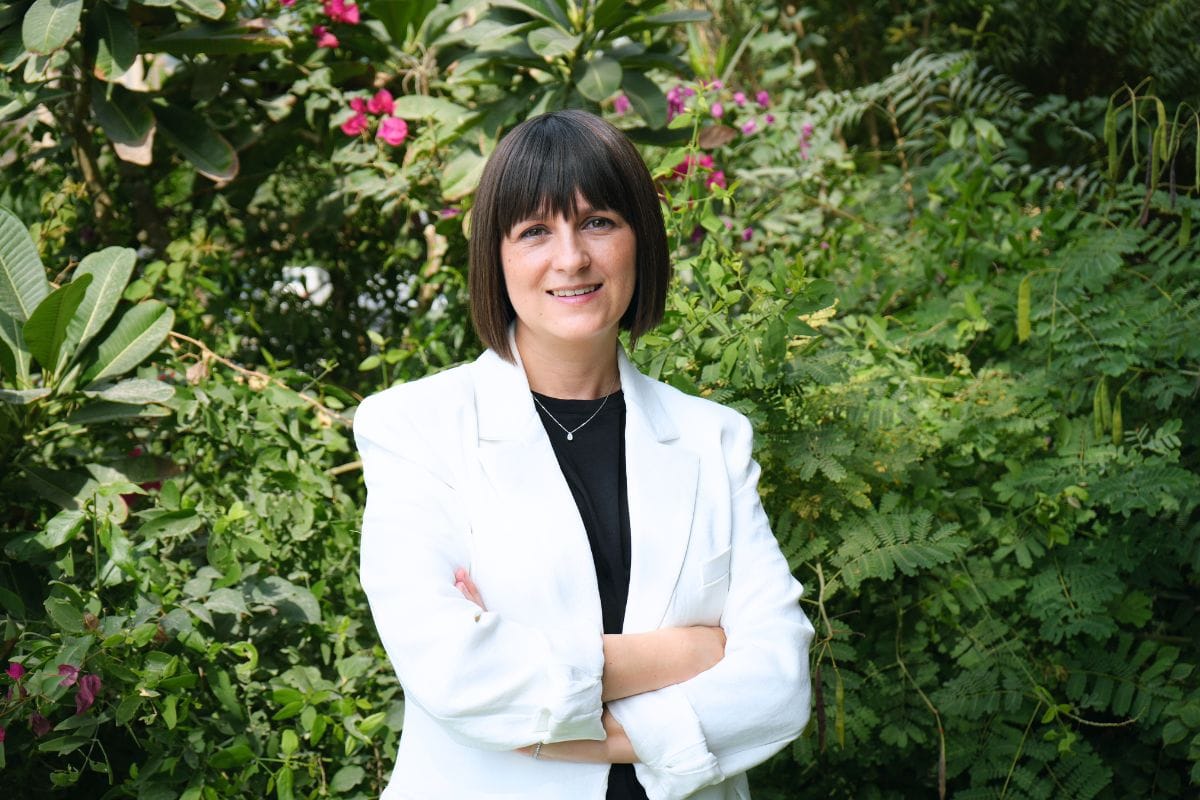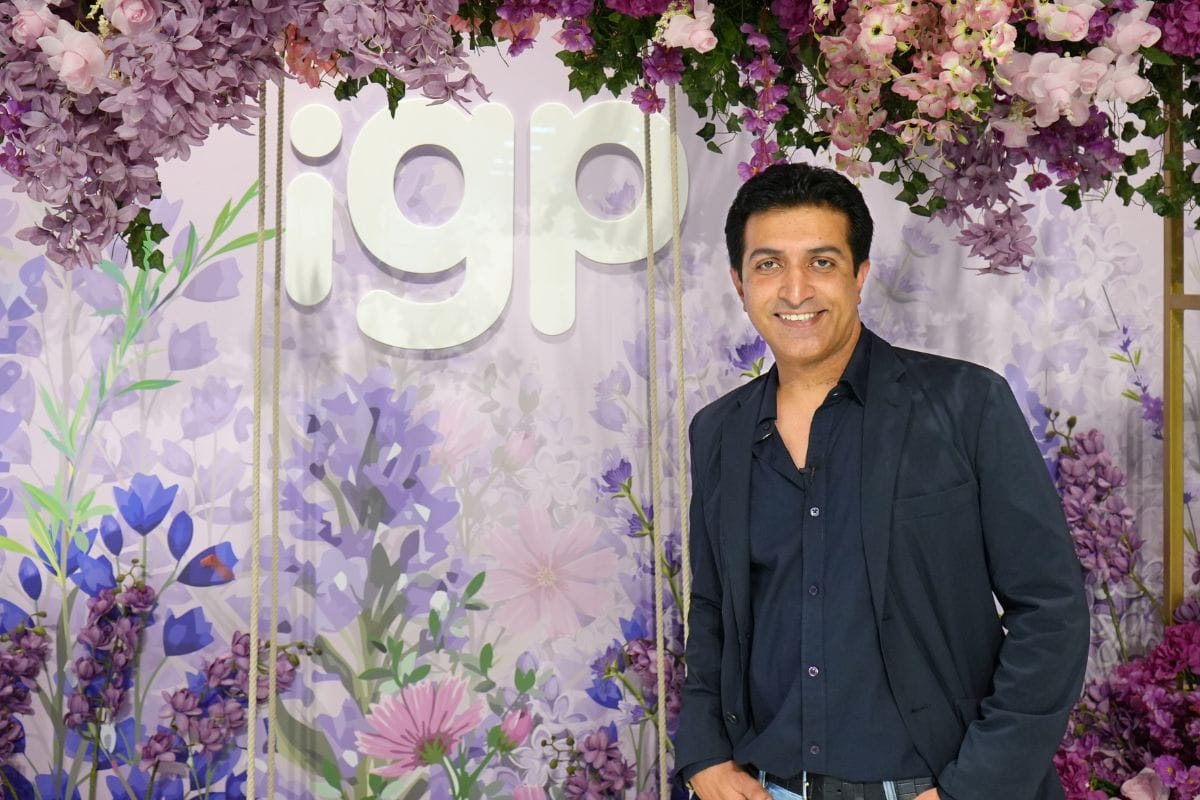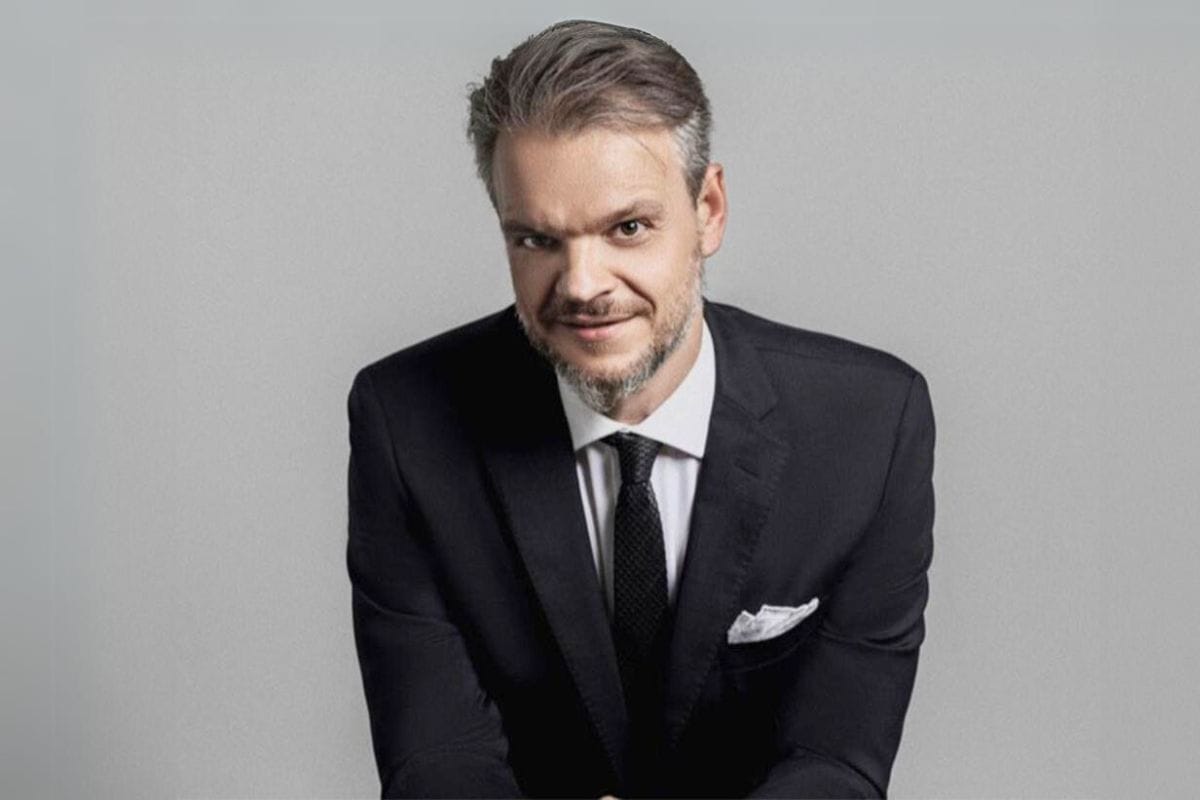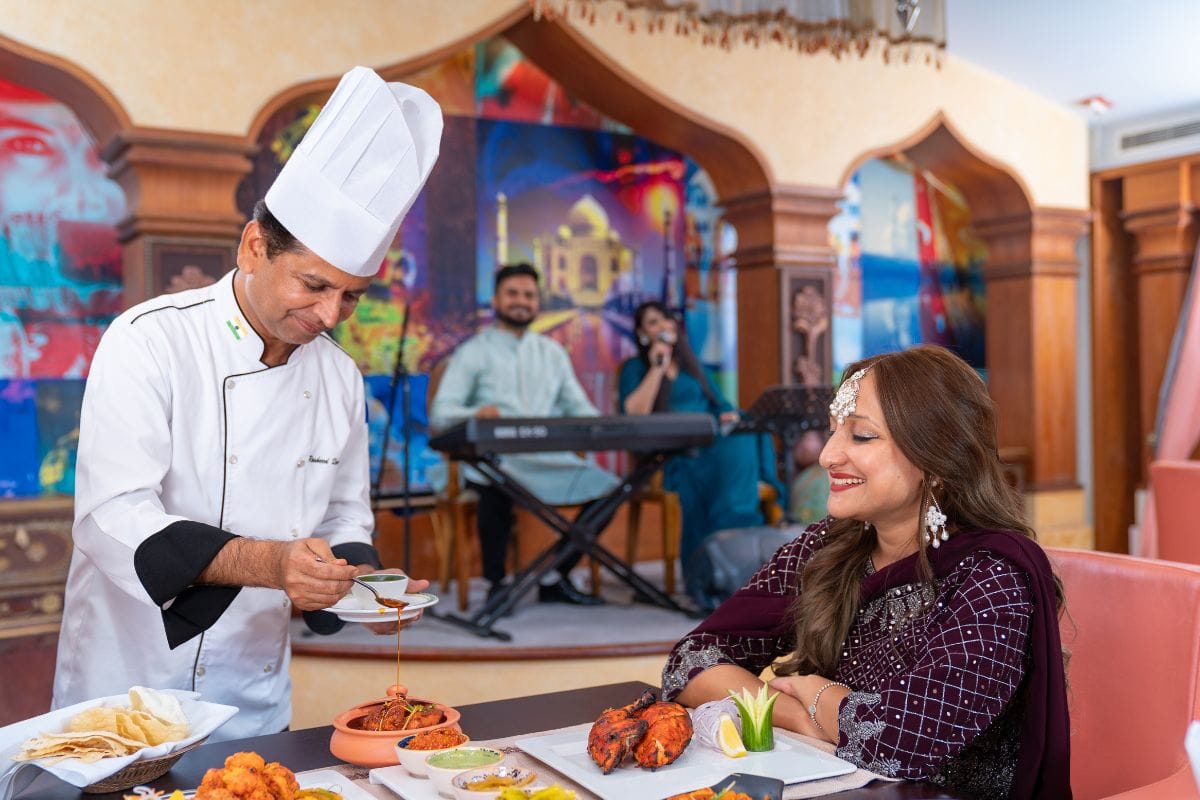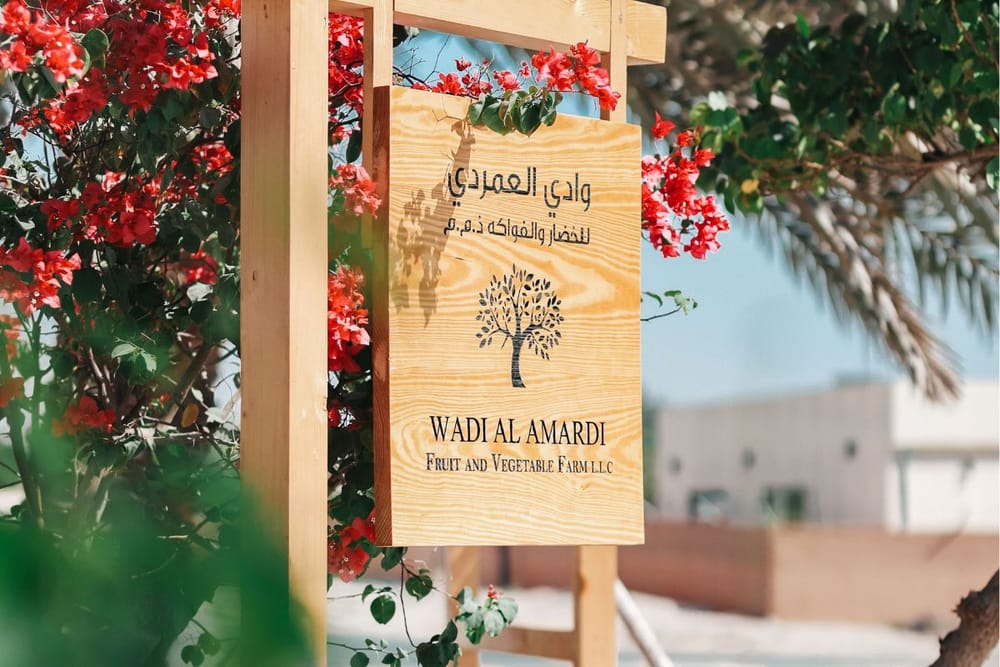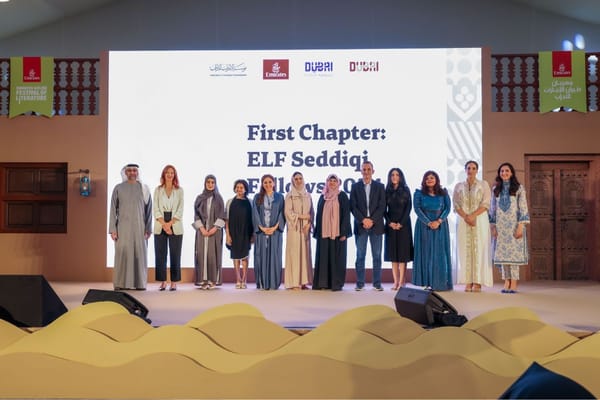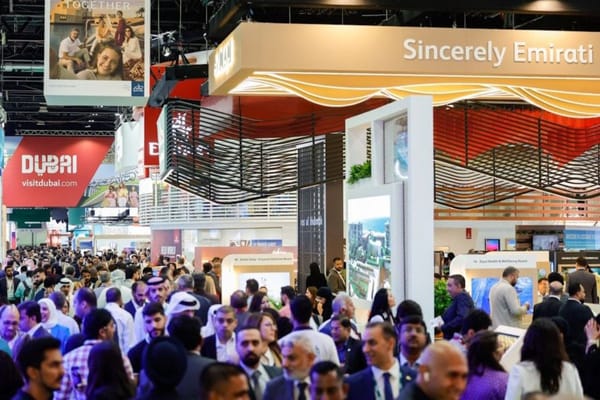Emerging as a green oasis amid the desert landscape, the Wadi Al Amardi Fruits and Vegetables Farm is reshaping the landscape of sustainable agriculture in the United Arab Emirates. Established in 1996 as a humble family endeavor to meet the needs of its members, Wadi Al Amardi has now blossomed into an exemplary Emirati-owned business.
Spearheaded by the dynamic couple, Ghazal Saeed and Rakan Ismail Al Gergawi, Wadi Al Amardi’s mission and vision aligns with UAE’s National Food Security Strategy 2051. Their journey unfolds as a narrative of passion, resilience, and a steadfast commitment to sustainable farming practices.

Rakan Ismail Al Gergawi's journey from aviation management to fig farming is truly remarkable. His commitment to enhancing the quality of locally grown figs is commendable. In the span of just three years, Rakan has skillfully nurtured a single fig tree into a flourishing orchard of 450 trees. This impressive feat not only underscores his agricultural expertise but also reflects his unwavering dedication to the cultivation and growth of the farm.
Ghazal Saeed, with her background in aviation and supply chain management, seamlessly transitioned into the role of operating Wadi Al Amardi Farm. Her entrepreneurial spirit is evident in her ability to merge formal education with a passion for nature and animals. Aligning with UAE’s goal of achieving self-sufficiency, she channels her efforts to producing locally sourced goods and reduce dependency on imports. Not only does this endeavor contribute significantly to the nation's sustainability efforts, but it also plays a pivotal role in bolstering the local economy.

Wadi Al Amardi Fruits and Vegetables Farm initially served as a means to meet the familial needs of its owners, who are proud Emiratis. The transformation of the farm from a modest family supplier to a sustainable business powerhouse began in earnest in 2021. Today, the farm stands as a source of pride, not only for its achievements and excellent reputation but also for its commitment to exclusively offering locally produced, 100% organic products.
Wadi Al Amardi is focused on providing the community with an array of fresh, organic, and locally sourced fruits, vegetables, and honey. Employing sustainable farming practices, the farm remains dedicated to preserving the environment and upholding the highest standards in product quality. The diverse offerings of the farm include tomatoes, cucumbers, eggplants, zucchini, figs, strawberries, melons, grapes, mangoes, papayas, bananas, and more. Additionally, the farm takes pride in producing its own raw honey.

Other than just producing high-quality organic products, the couple envisages creating a sustainable model for agriculture in the UAE, a country that is heavily reliant on food imports. Ghazal recognizes that sustainable agriculture is essential for the future of our planet.
Wadi Al Amardi is committed to sustainability. The farm ensures the implementation of sustainable practices through a diverse set of methods. The farm utilizes techniques like drip irrigation, organic fertilizers, and the cultivation of cover crops to mitigate soil erosion. Additionally, they employ insect traps and pest control measures to minimize the use of chemicals. This exemplifies their commitment to environment-friendly and responsible agricultural practices.
Sustainable farming in desert lands naturally comes with a lot of challenges. The region's hot and arid climate presents difficulties in cultivating crops without substantial water usage. The limited availability of agricultural land in the UAE adds an additional layer of complexity to the process. High costs associated with machinery and greenhouses, essential for maintaining optimal conditions, further complicate the process. To overcome these challenges and ensure diverse cultivation, the use of greenhouses and a focus on hydroponics become imperative.

Discussing the misconceptions surrounding sustainable agriculture, Ghazal emphasizes the prevailing but inaccurate beliefs that sustainable farming is more costly than conventional methods and yields lower production. In reality, sustainable agriculture can be just as profitable and yield just as high, if not higher, when approached with dedication and innovation.
Ghazal highlights the strengths of belonging to a family business at the forefront of climate change initiatives. Coping with the daily challenges of operations is made more manageable by belonging to a family business as one can leverage the accumulated wisdom passed down through generations. The multi-generational experience of team members, combined with a collective long-term mindset, enhances the farm's ability to navigate and innovate in the face of adversity, leaving a lasting legacy for the generations to come.
Ghazal encourages fellow women engaged in family businesses to become influential role models for both their families and communities. She underscores the importance of leading by example through impactful yet incremental changes, promoting businesses that prioritize environmental sustainability, and advocating for the adoption of recyclable products.
Ghazal suggests ensuring a shared commitment to sustainability among all family members involved in the business, emphasizing the necessity of open communication. Additionally, she recommends a continuous pursuit of knowledge about sustainable practices in the industry through participation in workshops, reading, and networking with experts, emphasizing the importance of staying updated on advancements in sustainable business practices. It is advised to establish a collective commitment to sustainability among all family members engaged in the business, with an emphasis on fostering open communication.

Contemplating the future of the Wadi Al Amardi farm, Ghazal Saeed envisions a trajectory marked by growth and prosperity. Her aspirations extend beyond the farm itself, aiming for it to emerge as a paradigm for sustainable agriculture, not only within the UAE but on a global scale. Beyond its contribution to local produce, the farm takes on an additional role as an educational platform, fostering awareness about agriculture and nature. Through community engagement, Wadi Al Amardi aims to ignite a passion for environmental appreciation and respect in future generations.
With Wadi Al Amardi Fruits and Vegetables Farm, Ghazal Saeed and Rakan Ismail Al Gergawi have not only cultivated a thriving oasis in the heart of Dubai but have sown the seeds for a sustainable future for the UAE and beyond.
Watch the farm tour:
Also Read:
